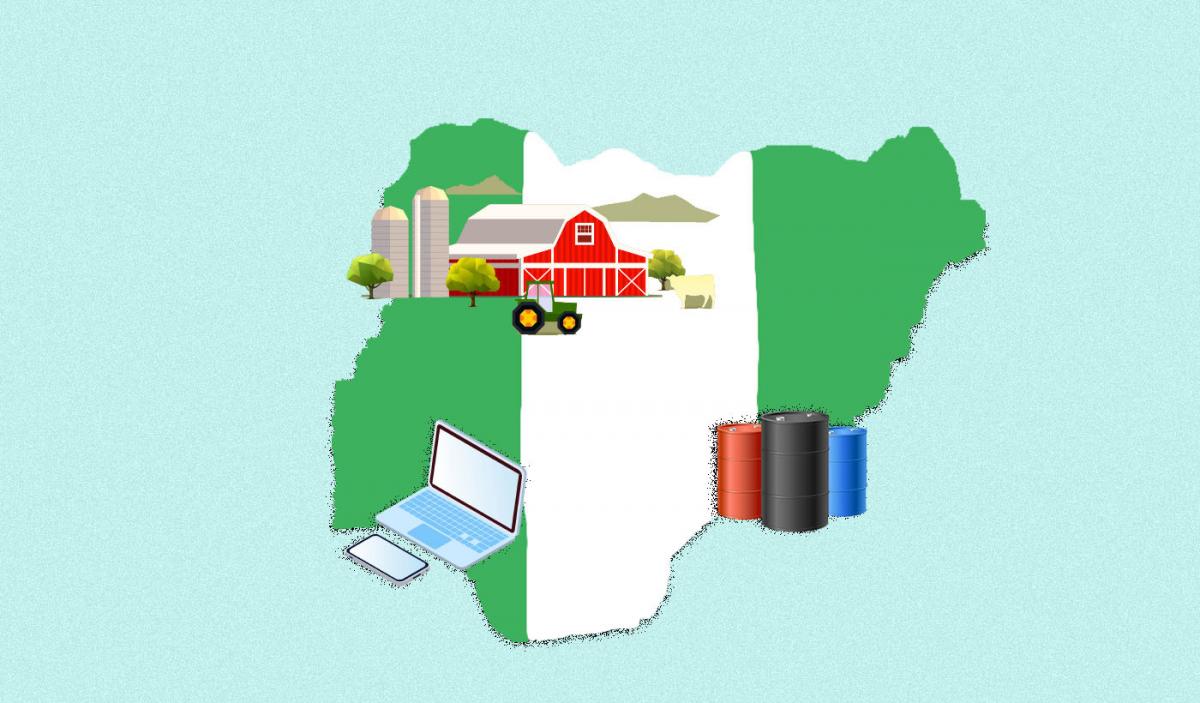There are no products in your shopping cart.
| 0 Items | £0.00 |


INTERNATIONAL Monetary Fund (IMF) forecasters have slightly increased Nigeria’s growth prospects to 2.6% and 2.7% for 2021 and 2022 respectively amid signs that the economy has now overcome the worst of the coronavirus pandemic.
Following the impact of the Covid-19 crisis, Nigeria suffered from negative economic growth, resulting in heavy government borrowing. A combination of limited industrial output, low exports, reduced demand for crude oil globally and diminished foreign direct investment has led to dire economic forecasts for Nigeria.
Over the last two years, Nigeria's treasury has been heavily subsidised by borrowing, with up to one third of the 2021 $33bn budget came from lenders like the World Bank, the International Monetary Fund and the African Development Bank. There had been fears that this negative growth rate could continue but in its latest report, the IMF has actually forecast that things will get better for Nigeria.
According to the recently-released October 2021 World Economic Outlook Report, Nigeria's growth forecast was originally pegged at 2.5% in 2021 and 2.6% in 2022. However, the IMF believed that for both years, the country will enjoy a 1% increase in economic growth despite the global economy suffering from the effects of the Covid-19 Delta variant.
However, in view of the 3.7% 2021 and 2022 growth forecast for sub-Saharan Africa, Nigeria is 1.1% behind in 2021 and 1% behind in 2022. Globally, the IMF believes commerce will suffer from the effects of supply chain disruptions in advanced economies, while the lack of access to vaccines will hurt emerging economies.
Gita Gopinath, the IMF's economic counsellor/director of research, said: “The momentum has weakened, hobbled by the pandemic. Fuelled by the highly transmissible Delta variant, the recorded global recovery continues but the Covid-19 death toll has risen close to 5m and health risks abound, holding back a full return to normalcy.
“Pandemic outbreaks in critical links of global supply chains have resulted in longer-than-expected supply disruptions, further feeding inflation in many countries. Overall, risks to economic prospects have increased and policy trade-offs have become more complex.”
She added that the outlook for the low-income developing country group had darkened considerably due to worsening pandemic dynamics. According to Ms Gopinath, the downgrade also reflected more difficult near-term prospects for the advanced economy group, in part due to supply disruptions.
“Partially offsetting these changes, projections for some commodity exporters have been upgraded on the back of rising commodity prices. Pandemic-related disruptions to contact-intensive sectors have caused the labour market recovery to significantly lag the output recovery in most countries,” Ms Gopinath added.